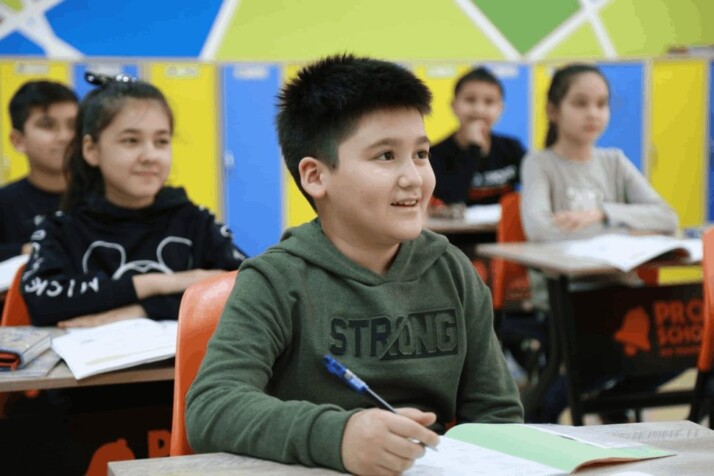In the third grade, the language arts curriculum is all about learning to spell a wide range of words.
What Is so Significant About the 3rd Grade?
In the third grade, students are required to step up their learning game. Students worldwide begin to learn a variety of spelling words that they, eventually, will use in their careers.
They need to have proficiency with third-grade sight word lists and be able to read and comprehend texts in domain-specific vocabulary.
The third-grade vocabulary instruction requires both direct instruction and independent word study to encourage and enhance learning. The 3rd grade spelling words partly reflect the students’ expected knowledge of basic reading and writing skills.
Level of Knowledge Expected From a 3rd Grader
Children can find it challenging to read third-grade spelling words. But they lay the groundwork for a more extensive academic vocabulary as students progress from primary elementary years to intermediate elementary grades.
Students in the third grade are expected to :
- Improve vocabulary and knowledge
- Read books and short stories with fluency
- Evaluate and explain the language.
Third-graders should be able to demonstrate an understanding of the text and word meaning at the end of the year. They need to connect ideas and read and comprehend texts.
Why Are 3rd Grade Spelling Words Important?
From elementary school to early adulthood, spelling words can be a crucial component of a student’s language development. This can be an essential element in helping children decode words and spell correctly.
Learning the fundamentals of spelling is important for children to lay a solid basis for reading comprehension.
When children learn the 3rd grade spelling words, they are less likely to make mistakes when they reach 4th-grade spelling.

5 Tips to Make Spelling Practice Fun
Many parents wonder how o make learning spellings fun for their children. Reading them out loud can get old quickly. Here are some tips that can help make your 3rd grade spelling practice more effective.
Design Crosswords
Crosswords are an engaging and fun way to supplement your child’s spelling practice. Designing crosswords meet the three goals of effective spelling practice. It ensures quick and easy practice, develops knowledge and rhythm of words, and promotes fluency.
Play Word Games
Word games can provide spelling practice that is engaging, easy to understand, and gives children a sense of achievement. It keeps them involved and entertained while they are practicing. Many online word games can be played with a group of children or individual children.
Involve the Senses
Have children use their sense of smell to help them find letters with certain scents. They could use their sense of sight to identify the spelling of words by looking at the word in cursive and print simultaneously. They could also create word cards with pictures and writing to embed the spelling word in their memory.
Make It Rhythmic
The easier the rhythmic patterns of words and the motions of the body, the easier it becomes for children to remember their spelling. Try adding some moves and music to your spelling lesson. Tap your feet, clap your hands, and jump up and down. Even try to match your words with the beat of the music.
Create Spelling Puzzles
Teach spelling using cute art and riddles to get students interested in spelling. Create puzzles that can be completed in their free time. Give students the opportunity to help solve the puzzle by plotting out the solutions. It will keep them motivated and engaged in the process.
Conclusion
The process of learning new 3rd grade spelling words can be quite challenging. It can be frustrating when students struggle with spelling words, especially those who have not yet mastered their four-letter sounds. This article offers some tips that may help you find your way around the process of teaching spelling to your child. Avoid the painstaking process of spelling practice by checking out these tips!
Explore All Spell Check Articles
How to Improve Your Spelling As an Adult
Both native speakers and language learners find English spelling tough to master. Because English is a language that absorbs new…
How to Spell Yesterday — a Quick Spelling Guide
There are times when English can seem confusing. Many of the words in English are freely borrowed from other languages.…
Can’t Spell Review? Read This Right Away!
There are times when English spelling can appear confusing. English borrows many of its words from other languages. This Germanic…
How to Spell None — a Quick Spelling Guide
Sometimes, English spelling can seem perplexing. Many of the words in English originated in other languages. Germanic language English consists…
Having Some Issues? Correct Spelling of Issue!
English may seem confusing at times. Many of the words in English were freely borrowed from other languages. Languages such…
The Correct Way of Spelling Decide!
English spelling can sometimes seem confusing. English borrows many of its words from other languages. English, a Germanic language, consists…
